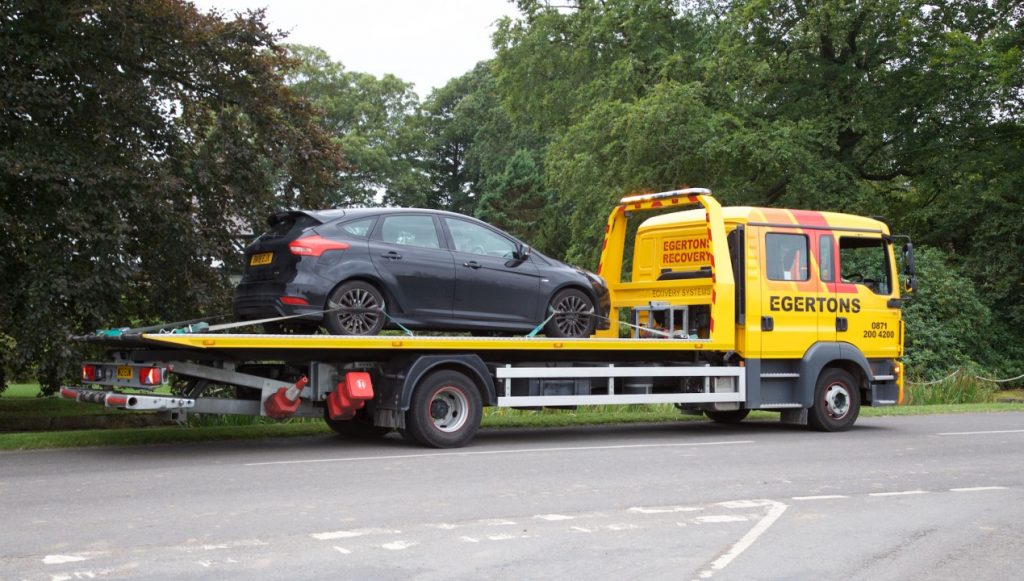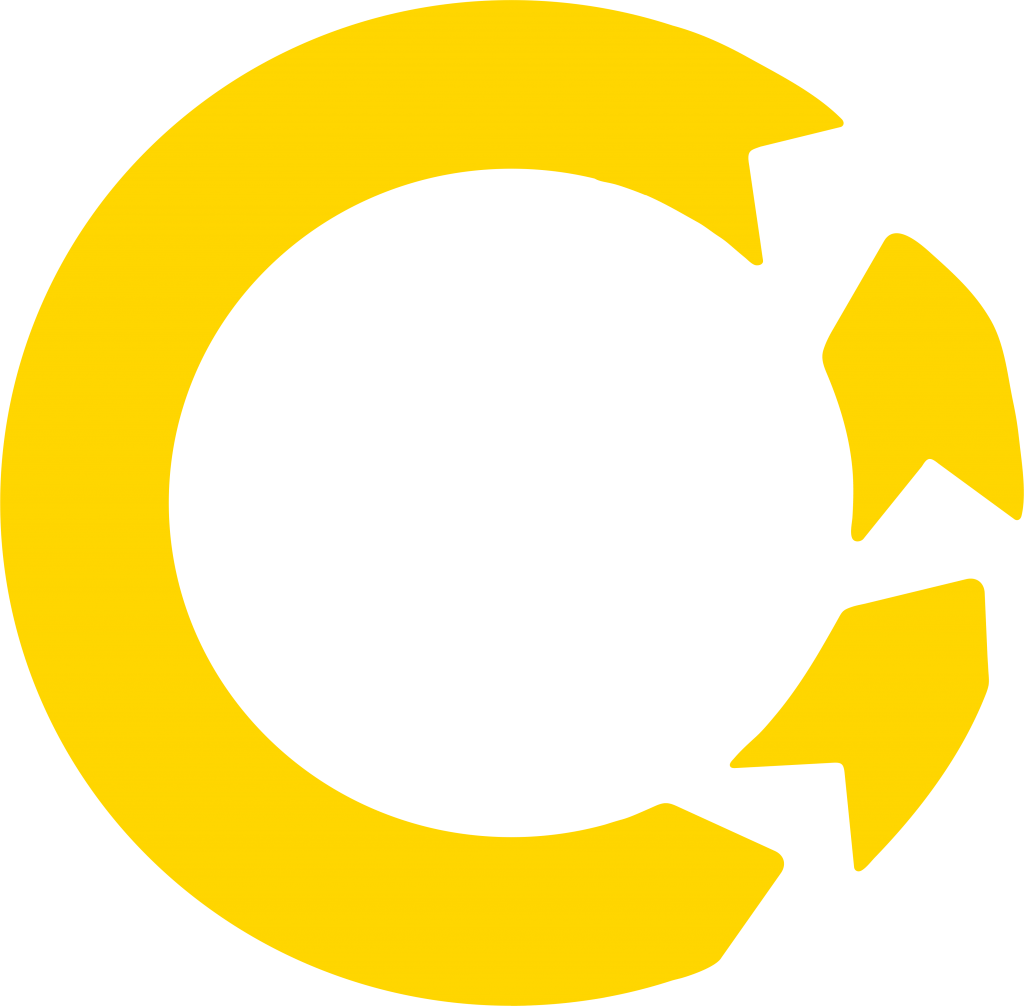As on-and-off lockdown measures have kept drivers at home for the best part of 24 months, the average rate of car accidents has reduced, as well as the number of motor insurance claims settled.
According to the Association of British Insurers (ABI) there were 2.1 million motor insurance claims in 2020; a 19% decrease compared to the year before. The number of claims settled also declined in Q4 2020 to 468,000, down by 13% from the previous quarter, making 2020 a turbulent year for the auto insurance industry.
Today, the most common types of vehicle claims are third party, as analytics conducted by Finder show that they account for 44% of all motor claims – likely since third party only insurance is the minimum legal requirement for driving a vehicle on UK roads.
Drilling down, rear-end crashes take the top spot for specific motor claims made. This type of collision is common as it’s ultimately the responsibility of the driver to take control and stop their vehicle before any impact with another.
This is closely followed by claims for windscreen damage, as chips or cracks are common for any driver. For example, driving through winter hailstorms or when passing another vehicle causes tiny rocks or grit to hit your screen; annoying when it happens (and sometimes loud!) though a replacement can often be recovered by your insurance if added extra when signing an agreement.
Damage to a parked vehicle is a common motor claim too, but a tricky one to settle as it can often involve several scenarios. For example, accidentally denting another vehicle in a car park opening a door or scraping a parked car when pulling out of a tight roadside space.
In fact, parked car damage is very similar to “backing up” damage; this could be anything from a ‘harmless’ accident where blind spots were missed before reversing, or when a driver moves forward and a parked car reverses back out of their space before looking properly.
What’s interesting however, is that own vehicle damage and fires are far less common auto insurance claims, indicating that drivers are less likely to claim for damage to their own vehicle as they are for damaging someone else’s.
Single-vehicle crashes for example, can involve anything from colliding with a tree, road sign or pole, to simply losing control, running off the road and rolling over. The unfortunate truth is that with these types of accidents, unless it can be proved that it was due to vehicle mechanical failure, the driver would be deemed at fault.
But there’s also the case of multi-vehicle crashes too, where pileups can occur if a driver fails to stop and ends up rear-ending the vehicle in front. This can be dangerous for several reasons, as they can often cause congestion when on busy built-up areas, or even worse, cause further potential accidents when on motorway stretches.
Often in these types of accidents, it can be tough for insurers to establish who exactly is at fault, and what happened from start to finish. But these motor claims are also immediate priority when it comes to the safe recovery of the vehicles themselves. I.e., the question asked by any fleet operator being: how soon can I get it recovered?
How Egertons Can Assist Insurers
At Egertons, our 55-year heritage has led us to be one of the leading vehicle rescue and recovery operators in the country.
Offering a 24/7/365 service from breakdown recovery to specialist assistance, we completely understand just how disruptive a vehicle breakdown can be. There’s never a convenient time, so we make it our priority to reach the scene as quickly as possible to get vehicles repaired or recovered. In fact, our average attendance time is just 43 minutes.
But it’s not just about speed for us; it’s also about getting the job done right, always.
Our sophisticated triage process allows us to deploy the exact right vehicles to a scene first time. This is supported by our 24-hour control room, and having invested in industry leading software, we can seamlessly track the progress of all our vehicles and allocate jobs straight to the recovery technicians.
Combine this process with our 300-strong fleet, vast range of equipment available on hand and the technology it is equipped with, you can rest assured you claimant or your vehicle is in the best hands.
We’re ready when you are.


